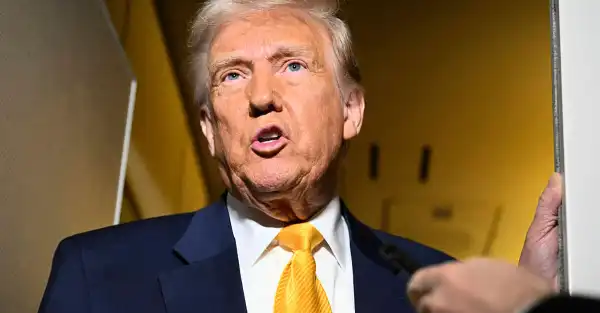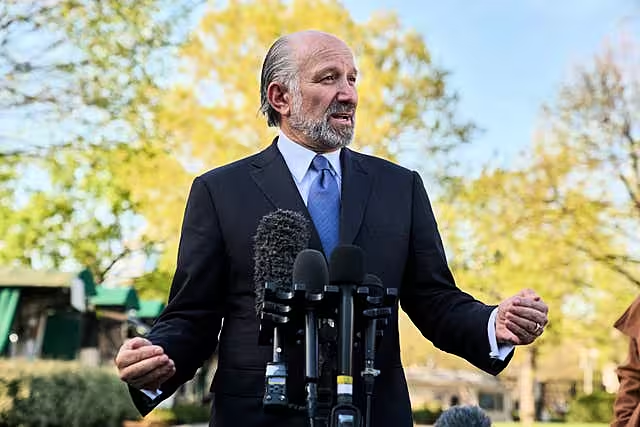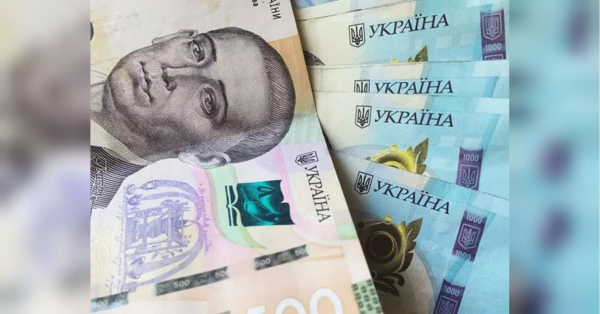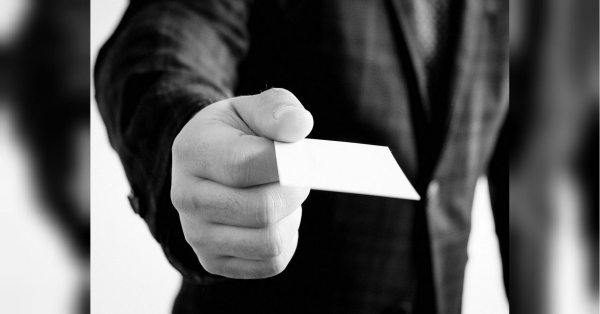
The official noted that the tariff exemption on electronic devices such as smartphones and laptops is only a temporary measure until the Trump administration formulates a new approach focused on the semiconductor industry.
White House officials, including President Donald Trump, sought Sunday to downgrade the waivers, which reduce but do not eliminate the impact of U.S. tariffs on imports of popular consumer goods and their key components.
“They are exempt from the reciprocal tariffs, but they are subject to the semiconductor tariffs that will likely go into effect in a month or two,” Commerce Secretary Howard Lutnick said on ABC's Sunday.
Mr Trump soon added confusion by claiming on social media that there was no “exception” as the goods were “simply being moved into another” category and would still be subject to the 20 per cent tariff as part of his administration’s move to punish China for its role in the fentanyl trade.

The Trump administration announced Friday evening that electronics would be exempt from broader tariffs, which could help curb rising prices for phones and other consumer goods that are not typically made in the U.S.
China's Commerce Ministry in a statement on Sunday welcomed the change as a small step, though it called on the U.S. to lift the remaining tariffs.
The eased tariffs on electronics were expected to have a positive impact on big tech giants such as Apple and Samsung, as well as chip makers such as Nvidia, although uncertainty over future duties could dampen an expected rally in tech stocks on Monday.
U.S. Customs and Border Protection confirmed that items such as smartphones, laptops, hard drives, flat-panel monitors and some chips will be exempt. Machines used in semiconductor manufacturing are also exempt, meaning they will not be subject to most tariffs levied by China or the 10% base tariffs in other countries.
It was the latest tariff change from the Trump administration, which has reversed itself several times in a sweeping plan to impose tariffs on goods from most countries. White House officials sought to push back on any suggestion of a temporary reprieve over the weekend.
“It's not really an exception. That's not even the term,” Trade Representative Jamison Greer told CBS on Sunday. “This kind of supply chain has gone from a tariff regime to a global tariff, a reciprocal tariff, and it's gone to a national security tariff regime.”
He added that “the president has decided that there will be no exceptions. We cannot afford to have a Swiss cheese solution to this common problem that we face.”
G
Sourse: breakingnews.ie






